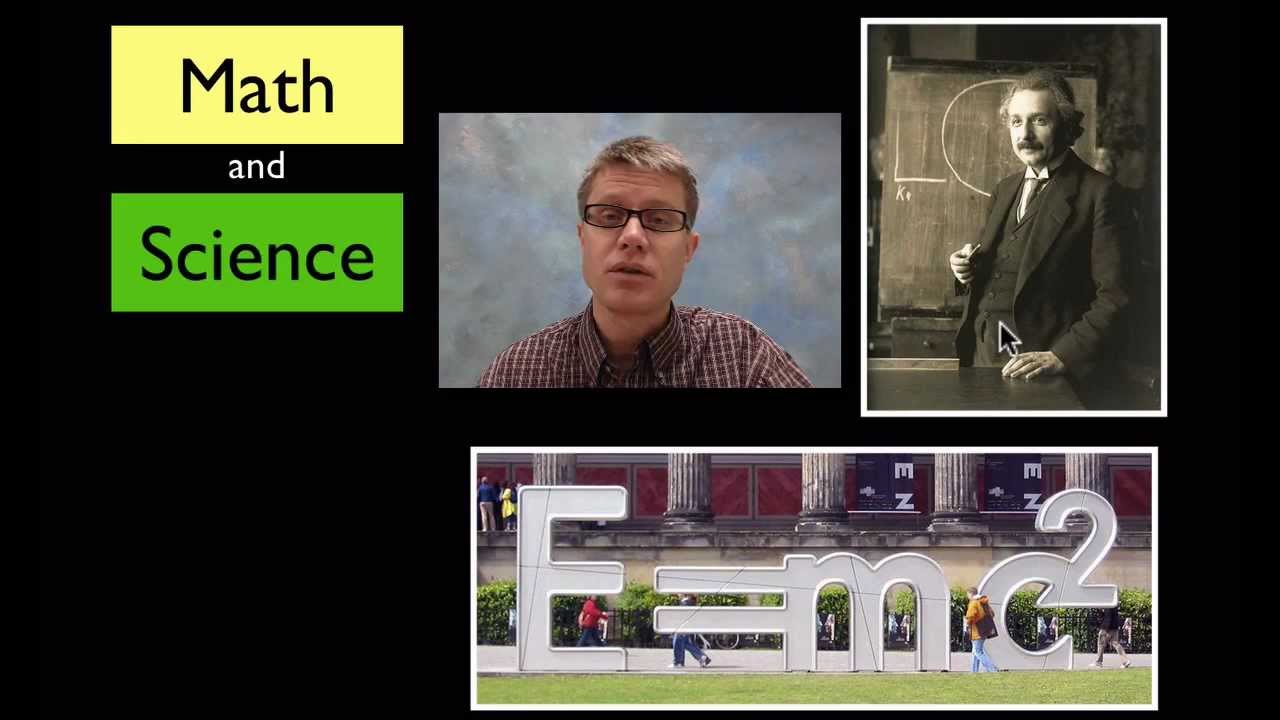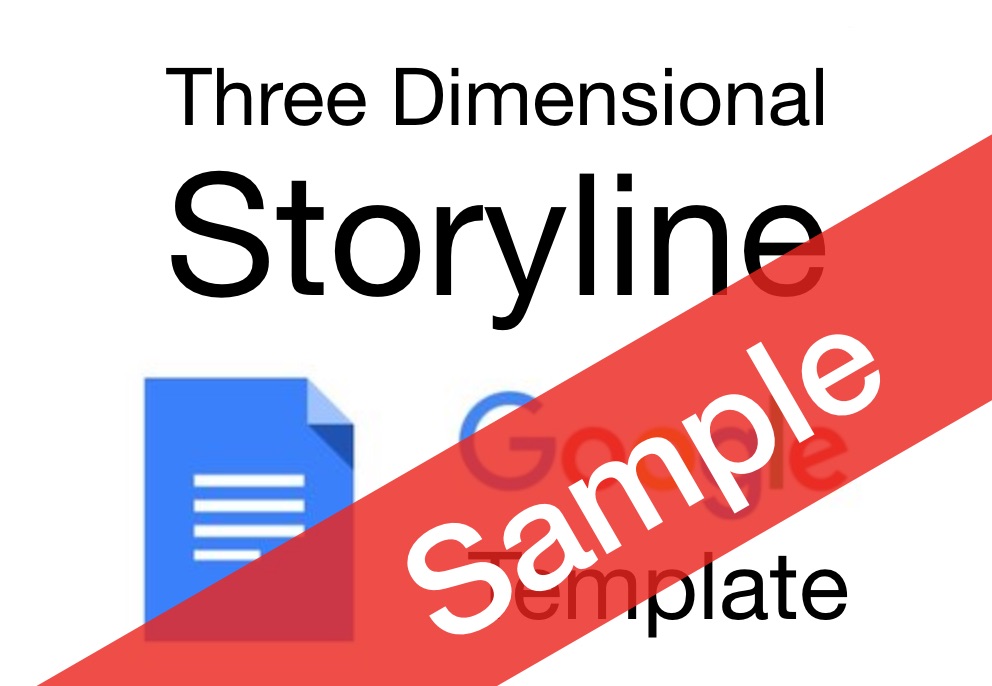HS-ESS1-4: Orbital Motions
Use mathematical or computational representations to predict the motion of orbiting objects in the solar system. (Scale, Proportion, and Quantity)
Clarification Statement: Emphasis is on Newtonian gravitational laws governing orbital motions, which apply to human-made satellites as well as planets and moons.
Assessment Boundary: Mathematical representations for the gravitational attraction of bodies and Kepler’s Laws of orbital motions should not deal with more than two bodies, nor involve calculus.
Science Practices
Using Mathematics and Computational Thinking
Disciplinary Core Ideas
ESS1.B: Earth and the Solar System
Crosscutting Concepts
Scale, Proportion, and Quantity
Assessments
The Wonder of Science Assessments
Shared Assessments
The following assessments were shared by teachers implementing the NGSS. Many of these are drafts and should be used accordingly. Feel free to improve these assessments or contribute your own. Learn more here.
Instructional Resources
Mini Lessons
The Wonder of Science Resources
Anchor Charts
Phenomena
Videos
Learning Plans
Storylines
Common Core Connections
Mathematics
HSA-CED.A.2 - Create equations in two or more variables to represent relationships between quantities; graph equations on coordinate axes with labels and scales.
HSA-CED.A.4 - Rearrange formulas to highlight a quantity of interest, using the same reasoning as in solving equations.
HSA-SSE.A.1 - Interpret expressions that represent a quantity in terms of its context.
HSN-Q.A.1 - Use units as a way to understand problems and to guide the solution of multi-step problems; choose and interpret units consistently in formulas; choose and interpret the scale and the origin in graphs and data displays.
HSN-Q.A.2 - Define appropriate quantities for the purpose of descriptive modeling.
HSN-Q.A.3 - Choose a level of accuracy appropriate to limitations on measurement when reporting quantities.
MP.2 - Reason abstractly and quantitatively.
MP.4 - Model with mathematics.
*Next Generation Science Standards is a registered trademark of Achieve. Neither Achieve nor the lead states and partners that developed the Next Generation Science Standards were involved in the production of this product, and do not endorse it. Visit the official NGSS website.




























